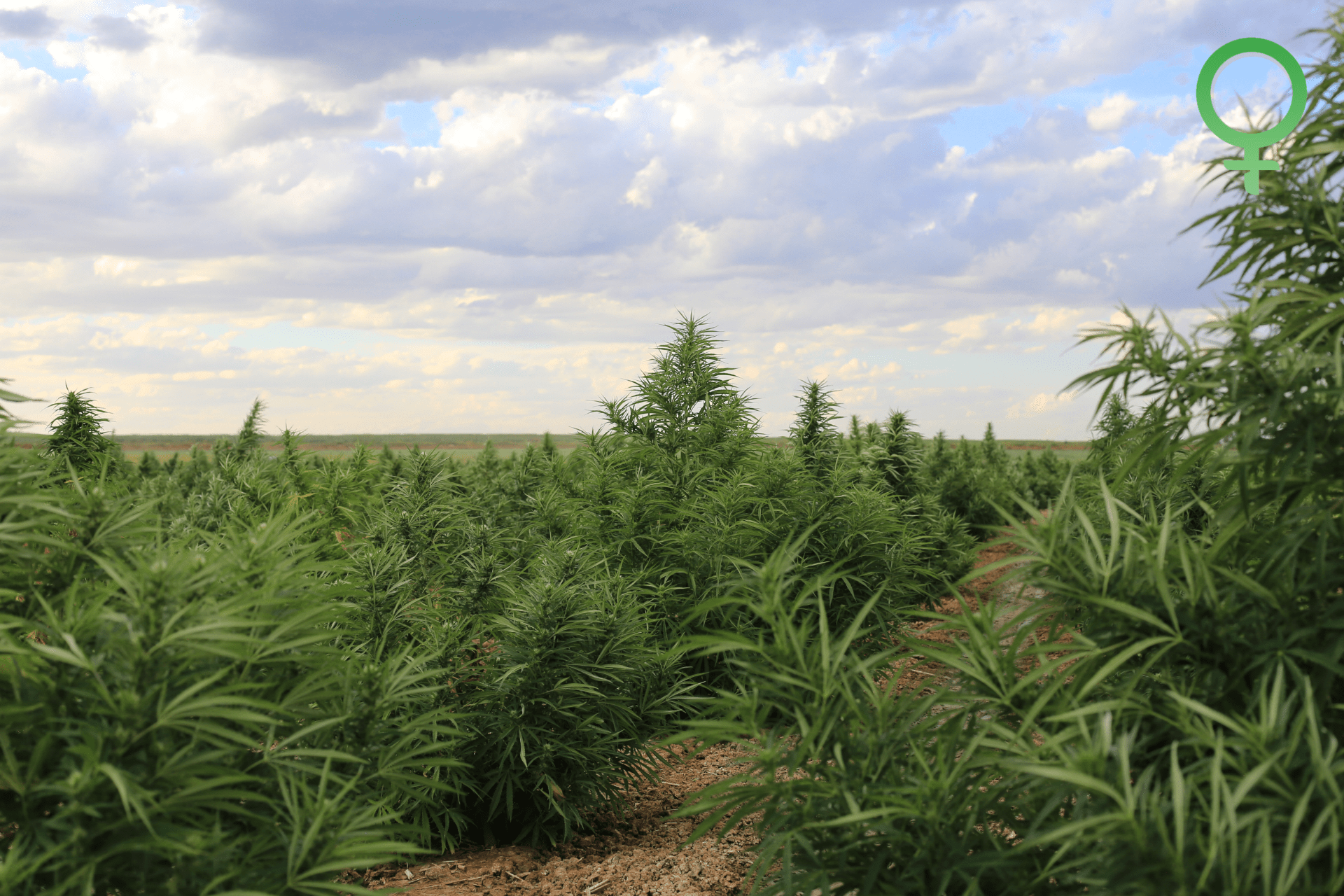
- Hemp Farming
-
by gu
The Industrial Hemp Pilot Program is part of the 2014 Farm Bill that legalized research on industrial hemp for universities and other research institutes. So, what is the Industrial Hemp Pilot Program, and what does it mean for the future of hemp research? Let’s take a closer look.
What is the Industrial Hemp Pilot Program?
The Industrial Hemp Pilot Program established by the 2014 Farm Bill legalized the cultivation and production of hemp for research purposes. According to the National Conference of State Legislature, universities and state departments can cultivate industrial hemp only if:
“(1) the industrial hemp is grown or cultivated for purposes of research conducted under an agricultural pilot program or other agricultural or academic research; and
(2) the growing or cultivating of industrial hemp is allowed under the laws of the state in which such institution of higher education or state department of agriculture is located and such research occurs.’ “
The U.S. Department of Agriculture, U.S. Drug Enforcement Agency, and the U.S. Food and Drug Administration created a Statement of Principles on Industrial Hemp (PDF) in the Federal Register in August of 2016 that further clarified applicable activities related to hemp in the 2014 Farm Bill.
The 2018 Farm Bill slightly enhanced this aspect of industrial hemp. This version of the Farm Bill allows states and tribes to apply for primary regulatory authority over hemp production in their state or tribal territory. To qualify for participation in the Industrial Hemp Pilot Program, each state or tribe must submit a plan outlining their testing methods, tracking systems, and plant disposal procedures for those that test above the .3 percent THC threshold.
The Agricultural Marketing Service (AMS) acts as the lead USDA agency for the Industrial Hemp Pilot Program. It is the job of the AMS to determine and administer the new USDA Hemp Production Program. They are currently developing regulations to implement the 2018 Farm Bill provisions and are expected to have final rules in place by the end of 2019. However, until the last hammer drops, hemp cultivation facilities must adhere to all regulations outlined in Section 7606 of the 2014 Farm Bill.
State-by-State Industrial Hemp Legislation
While the production and research of industrial hemp are federally legal, each state must establish its own hemp legislation. Universities or other research establishments should consider this when applying for the industrial hemp pilot program. State legislatures across the country have reformed their laws in regards to industrial hemp, from the cultivation and growing to research.
At least six states in 2018—Alaska, Arizona, Kansas, Missouri, New Jersey, and Oklahoma—enacted legislation to establish hemp research and industrial hemp pilot programs. And while most other states established local hemp programs, there are many others that haven’t even started.
U.S. Hemp Industry Outlook
The hemp industry in the United States is booming and poised for massive growth. Indeed, as a world leader in the hemp industry, the U.S. sets the tone for the global growth of hemp. One study projects that the global industrial hemp market will grow from USD 4.6 billion in 2019 to USD 26.6 billion by 2025, recording a CAGR of 34%.
In the U.S. alone, the industrial hemp market in 2014 was worth approximately $504 million. Just one year after the signing of the 2014 Farm Bill, that value increased to almost $600 million. And by 2017, the global market for industrial hemp was worth $3.9 billion and growing.
The Industrial Hemp Pilot Program plays an important role in both the U.S. and global industrial hemp markets? Research programs like the industrial hemp pilot program help us discover different uses of hemp. As we uncover even more benefits of hemp, we will also improve the potential for the industry to grow.
The Industrial Hemp Pilot Program; Final Thoughts
Legally cultivating hemp is easier than ever in the United States. From the 2014 and 2018 Farm Bills to the ever-expanding hemp market, the cultivation of hemp will flourish. This new hemp legislation is incredibly advantageous for farmers, hemp companies, and the individuals who benefit from various hemp products.
Hemp’s federal legality is much more open than it was in decades past. However, keep in mind that state legislatures can vary. Even if it is legal at the national level, growing hemp isn’t just a free-for-all. There are still strict legal guidelines to follow — both state and federal. It is essential to educate yourself on them based on your particular situation.
Contact Fortuna to learn more about U.S. hemp legislation and hemp CBD cultivation.

